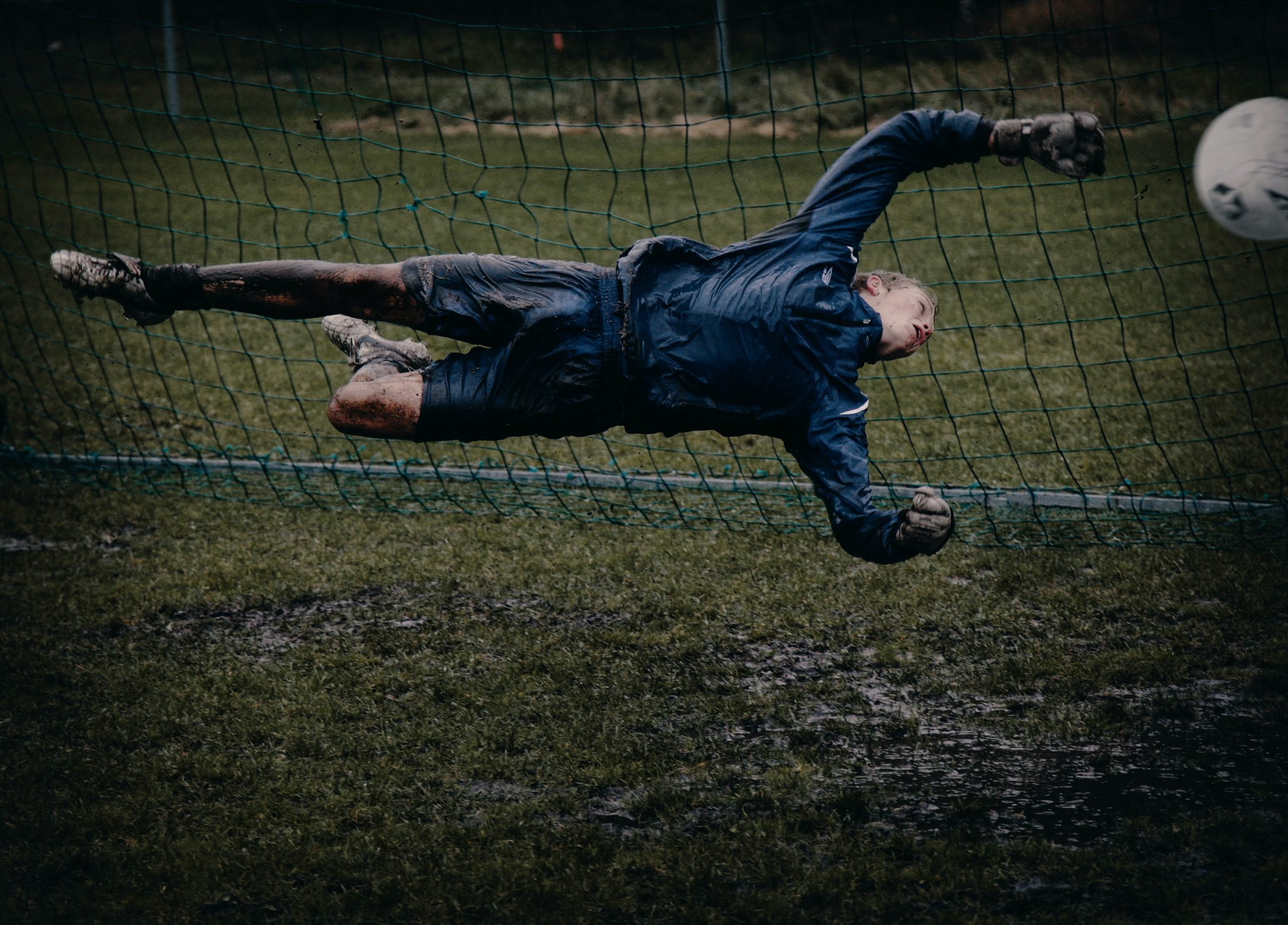Pitfalls to avoid in raising a defamation case

After media coverage and social media commentary which arguably eclipsed even the Lioness’s victory in the World Cup, the blockbuster trial of Vardy v Rooney has finally concluded. Whilst Steyn J’s judgment does not contain any particularly novel points for defamation lawyers, the case is an apt reminder of the unexpected consequences of suing, and pitfalls to avoid.
Background
The case stems from the incident dubbed ‘Wagatha Christie’ by the tabloids.
To recap, in 2019, Coleen Rooney claimed that Rebecka Vardy had been leaking information from Rooney’s private Instagram account to The Sun. Rooney claimed to be certain that Vardy was behind the leaks by a process of publishing fake stories to an increasingly limited audience on her Instagram account, until eventually The Sun published an article concerning a story which only Vardy had been able to view. In a viral reveal post, Rooney claimed to unmask Vardy as being behind the leaks to The Sun.
Vardy vociferously denied the allegation, and brought defamation proceedings against Rooney in respect of the viral reveal post to clear her name.
Rooney’s defence of truth prevailed, meaning that Vardy’s claim failed.
Importance of preservation of evidence
A major feature of the trial, which was significant in Steyn J’s ruling and attracted significant media attention, was the significant loss of evidence. Central to Vardy’s case was her claim that Rooney had not established whether it was she or her agent, Caroline Watt, who leaked the stories to The Sun. WhatsApp chats between Vardy and Watt were lost. Vardy claimed to have deleted her WhatsApp chat with Watt, and Watt claimed to have accidentally lost her phone in the North Sea after a legal request was made for the WhatsApp chat.
Steyn J was particularly damning in her assessment that Vardy was not a credible witness, and that this loss of evidence was unlikely to have been an accident. By contrast, she found Rooney’s evidence to be reliable.
Steyn J held that it was likely that Vardy had directed Watt to pass information to The Sun.
Public interest defence
Rooney also raised the public interest defence. It was not necessary for Steyn J to consider this in detail, given Rooney’s truth defence had succeeded. Nonetheless, Steyn J held that, whilst the subject matter of information about celebrities’ private lives being disclosed to the press by trusted individuals was a matter of public interest, the publication of the reveal post was not in the public interest. This was because Rooney did not give Vardy an opportunity to respond before publishing the post.
Comment
This was the most high-profile libel claim of the year, attracting a slew of articles, memes and podcasts, covering not just the trial itself but the parties’ ‘trial outfits’, personal lives and families. The case is even being adapted into a TV drama by Channel 4.
Whilst much of this was light-hearted in nature, the darker side of this is the unacceptable abuse and death threats which Vardy was subjected to. Whilst public opinion on Vardy’s conduct may be hostile, most people would agree that the social media trolling to which Vardy was subjected underlines the need for greater regulation of online platforms.
The case demonstrates the importance of evidence preservation and considering whether there are any hostages to fortune in disclosable material which may cause negative reputational harm if aired in a public trial.
For more information
For more information on defamation of character of if you have a slander or libel case please contact Jane Ashford-Thom on [email protected]. 0207 427 5294
